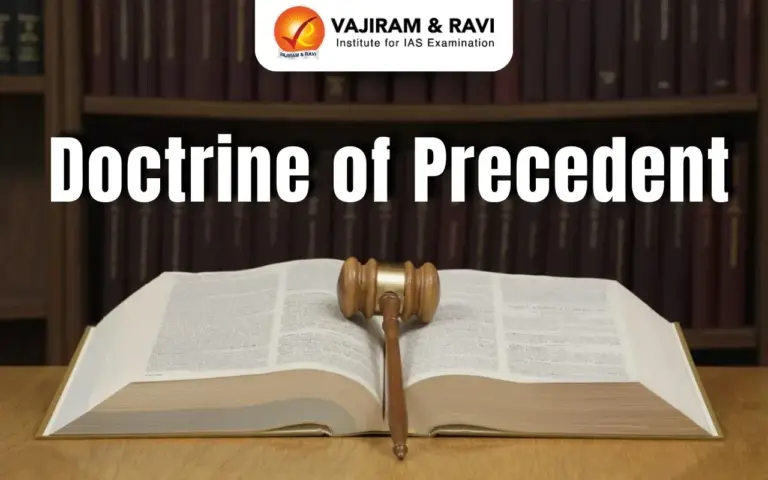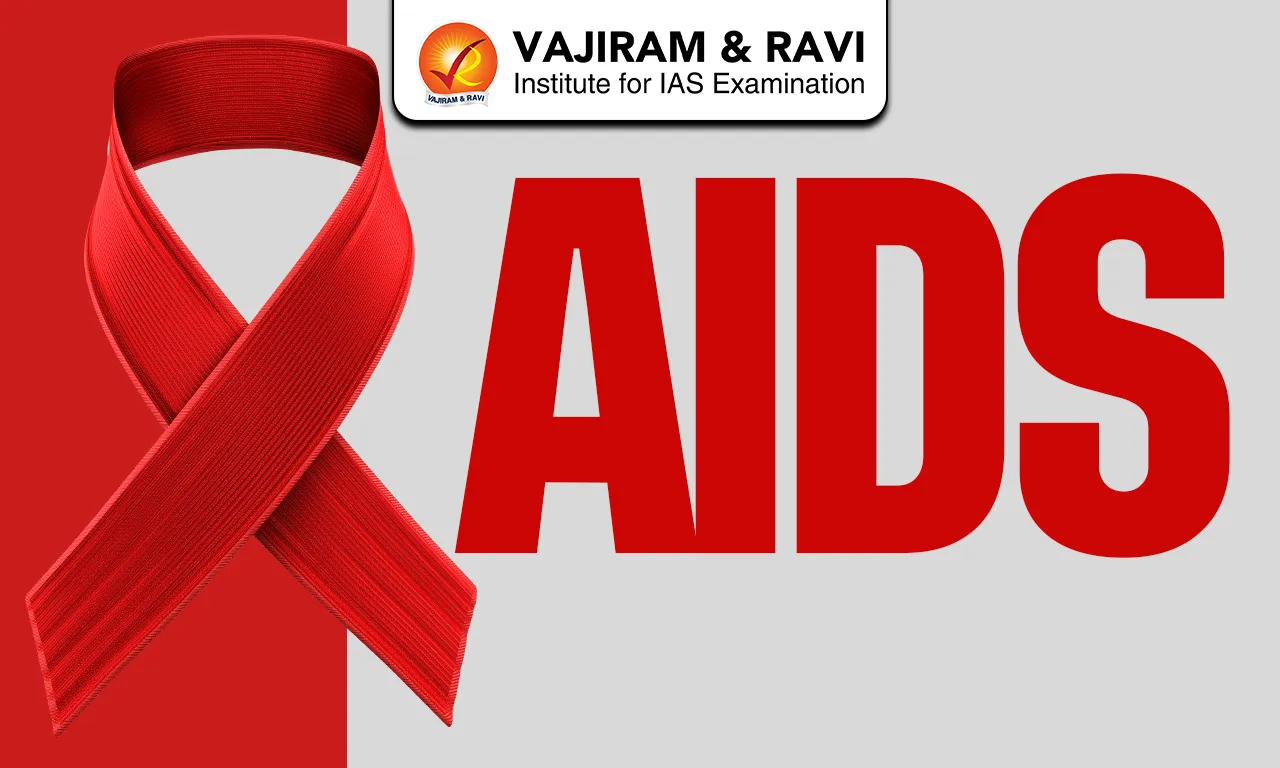Doctrine of Precedent Latest News
The Kerala High Court recently reaffirmed that any tax assessment orders passed on ignorance of binding precedents set by higher courts are violative of the doctrine of precedent and thus unsustainable.
About Doctrine of Precedent
- The doctrine of precedent is the custom of the courts to stand by previous decisions, so that once a point of law is decided upon by a court, then the same law must be applied to future cases with materially similar facts.
- It is often referred to as ‘stare decisis’.
- The lower courts will take account of and follow the decisions made by the higher courts.
- It ensures consistency, predictability, and stability by obligating courts to follow the legal principles established in previous decisions.
- The foundation of the doctrine of precedent lies in Article 141 of the Indian Constitution.
- This article states that the law declared by the Supreme Court is binding on all courts within India.
- Essentially, lower courts must follow the legal interpretations and judgments laid down by the Supreme Court.
- Key Aspects:
- Ratio Decidendi: The legal reasoning that forms the binding part of a judgment. Courts must follow this in similar cases.
- Obiter Dicta: Non-essential remarks made by the court. Although not binding, they can be influential in future cases.
- Landmark Judgment:
- The State of Orissa v. Mamata Patnaik (1978) case highlighted the significance of following precedent.
- The Supreme Court emphasised that adherence to established legal principles ensures consistency in the application of law.
Doctrine of Precedent FAQs
Q1. Which article of the Indian Constitution establishes the binding nature of Supreme Court judgments?
Ans. Article 141
Q2. What is ‘Obiter Dicta’ in a court judgment?
Ans. Non-essential remarks that are not binding but may be influential.
Q3. What is a “Persuasive Precedent”?
Ans. A precedent that can be considered by a court but is not binding.
Source: TAXS
Last updated on March, 2026
→ UPSC Notification 2026 is now out on the official website at upsconline.nic.in.
→ UPSC IFoS Notification 2026 is now out on the official website at upsconline.nic.in.
→ UPSC Calendar 2026 has been released.
→ UPSC Final Result 2025 is expected to be released soon.
→ Check out the latest UPSC Syllabus 2026 here.
→ Join Vajiram & Ravi’s Interview Guidance Programme for expert help to crack your final UPSC stage.
→ UPSC Mains Result 2025 is now out.
→ UPSC Prelims 2026 will be conducted on 24th May, 2026 & UPSC Mains 2026 will be conducted on 21st August 2026.
→ The UPSC Selection Process is of 3 stages-Prelims, Mains and Interview.
→ Prepare effectively with Vajiram & Ravi’s UPSC Prelims Test Series 2026 featuring full-length mock tests, detailed solutions, and performance analysis.
→ Enroll in Vajiram & Ravi’s UPSC Mains Test Series 2026 for structured answer writing practice, expert evaluation, and exam-oriented feedback.
→ Join Vajiram & Ravi’s Best UPSC Mentorship Program for personalized guidance, strategy planning, and one-to-one support from experienced mentors.
→ Check UPSC Marksheet 2024 Here.
→ UPSC Toppers List 2024 is released now. Shakti Dubey is UPSC AIR 1 2024 Topper.
→ Also check Best UPSC Coaching in India


















